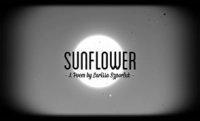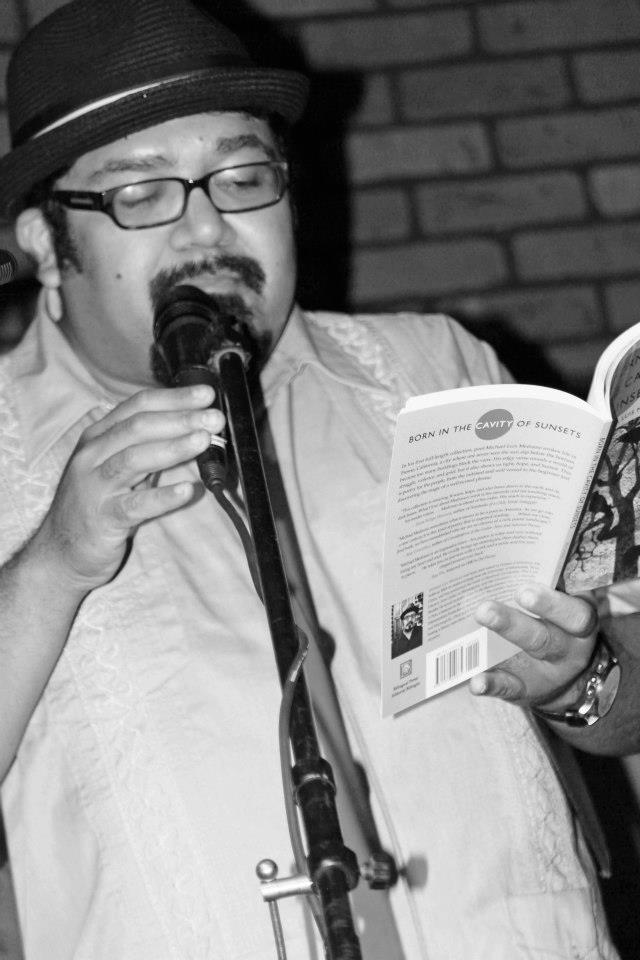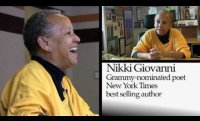The New York City–based PEN American Center recently announced the finalists for its annual literary awards, which this year will give nearly $150,000 in prize money to established and emerging writers and translators.
The awards are given in ten categories for works of poetry, fiction, nonfiction, translation, and children's books. “We are proud that PEN’s Literary Awards are the most comprehensive in the country,” said PEN Executive Director, Suzanne Nossel. “This year we saw a record number of submissions from both traditional and independent publishers, including an impressive showing of emerging authors.”
The final winners and runners-up will be announced later this summer and will be honored at the 2013 PEN Literary Awards Ceremony on Monday, October 21, 2013, at CUNY Graduate Center’s Proshansky Auditorium in New York City.
Below is the full list of finalists in each category:
PEN/Robert W. Bingham Prize ($25,000): Given to an author whose debut work—a first novel or collection of short stories published in 2012—represents distinguished literary achievement and suggests great promise.
A Land More Kind Than Home (William Morrow), Wiley Cash
A Naked Singularity (University of Chicago Press), Sergio de la Pava
My Only Wife (Dzanc Books), Jac Jemc
Happiness Is a Chemical in the Brain (W.W. Norton & Co.), Lucia Perillo
Battleborn (Riverhead Books), Claire Vaye Watkins
PEN/John Kenneth Galbraith Award for Nonfiction ($10,000): To an author of a distinguished book of general nonfiction possessing notable literary merit and critical perspective and illuminating important contemporary issues which has been published in the United States during 2011 or 2012.
Iron Curtain (Doubleday), Anne Applebaum
Behind the Beautiful Forevers (Random House), Katherine Boo
Moby-Duck (Penguin Books), Donovan Hohn
God’s Hotel (Riverhead Books), Victoria Sweet
PEN/Diamonstein-Spielvogel Award for the Art of the Essay ($10,000): For a book of essays published in 2012 that exemplifies the dignity and esteem that the essay form imparts to literature.
What Light Can Do (Ecco), Robert Hass
The Story of America (Princeton University Press), Jill Lepore
Waiting for the Barbarians (New York Review Books), Daniel Mendelsohn
PEN/E.O. Wilson Literary Science Writing Award ($10,000): For a book of literary nonfiction on the subject of the physical or biological sciences published in 2012.
The Forest Unseen (Viking), David George Haskell
The Violinist’s Thumb (Little, Brown and Company), Sam Kean
Subliminal (Vintage Books), Leonard Mlodinow
Spillover (W.W. Norton & Co.), David Quammen
Rabid (Viking), Bill Wasik and Monica Murphy
PEN Open Book Award ($5,000): For an exceptional book-length work of literature by an author of color published in 2012.
Gun Dealers’ Daughter (W.W. Norton & Co.), Gina Apostol
When My Brother Was an Aztec (Copper Canyon Press), Natalie Diaz
Allegiance (Wayne State University Press), Francine J. Harris
Our Andromeda (Copper Canyon Press), Brenda Shaughnessy
The Grey Album (Graywolf Press), Kevin Young
PEN/Jacqueline Bograd Weld Award for Biography ($5,000): For a distinguished biography published in 2012.
James Joyce (Farrar, Straus and Giroux), Gordon Bowker
All We Know (Farrar, Straus and Giroux), Lisa Cohen
A Difficult Woman (Bloomsbury), Alice Kessler-Harris
The Lives of Margaret Fuller (W.W. Norton & Co.), John Matteson
The Black Count (Broadway Books), Tom Reiss
PEN/ESPN Award for Literary Sports Writing ($5,000): To honor a nonfiction book on the subject of sports published in 2012.
Over Time (Grove Press), Frank Deford
Road to Valor (Broadway Books), Aili and Andres McConnon
Like Any Normal Day (St. Martin’s Press), Mark Kram, Jr.
Floyd Patterson (Houghton Mifflin Harcourt), W.K. Stratton
PEN/Steven Kroll Award for Picture Book Writing ($5,000): To a writer for an exceptional story illustrated in a picture book published in 2012.
Snakes (Scholastic), Nic Bishop
Oh, No! (Schwartz & Wade Books), Candace Fleming and illustrator Andrea Castellani
I Lay My Stitches Down (Eerdmans), Cynthia Grady and illustrator Michele Wood
Those Rebels, John & Tom (Scholastic), Barbara Kerley and illustrator Edwin Fotheringham
The Fantastic Jungles of Henri Rousseau (Eerdmans), Michelle Markel and illustrator Amanda Hall
PEN Award for Poetry in Translation ($3,000): For a book-length translation of poetry into English published in 2012.
Spit Temple by Cecilia Vicuña (Ugly Duckling Presse), Rosa Alcalá
Diadem by Marosa di Giorgio (BOA Editions), Adam Giannelli
Tales of a Severed Head by Rachida Madani (Yale University Press), Marilyn Hacker
The Smoke of Distant Fires by Eduardo Chirinos (Open Letter Books), G. J. Racz
Almost 1 Book/Almost 1 Life by Elfriede Czurda (Burning Deck), Rosmarie Waldrop
The Shock of the Lenders and Other Poems by Jorge Santiago Perednik (Action Books), Molly Weigel
PEN Translation Prize ($3,000): For a book-length translation of prose into English published in 2012.
A Long Day’s Evening by Bilge Karasu (City Lights Books), Aron Aji and Fred Stark
Near to the Wild Heart by Clarice Lispector (New Directions), Alison Entrekin
Down the Rabbit Hole by Juan Pablo Villalobos (Farrar, Straus and Giroux), Rosalind Harvey
The Cardboard House by Martín Adán (New Directions), Katherine Silver
The Island of Second Sight by Albert Vigoleis Thelen (Galileo Publishers), Donald O. White






 t seems there has always been poetry on the radio in Fresno. Preston Chase and Lee Underwood broadcasted their literary show in the late nineties, in a studio above the garage of a residential home, former headquarters of KFCF 88.1 FM. One time they welcomed poets Estela Molina, Tim Z. Hernandez, and yours truly to an hour of interviews and round-robin poetry. We were in our early twenties, squeaky, and reading from home-made chapbooks we sold at open mics for a couple of bucks.
t seems there has always been poetry on the radio in Fresno. Preston Chase and Lee Underwood broadcasted their literary show in the late nineties, in a studio above the garage of a residential home, former headquarters of KFCF 88.1 FM. One time they welcomed poets Estela Molina, Tim Z. Hernandez, and yours truly to an hour of interviews and round-robin poetry. We were in our early twenties, squeaky, and reading from home-made chapbooks we sold at open mics for a couple of bucks. 
 What makes your programs unique?
What makes your programs unique?